Ask AI on The Internet
Question: (B) Independent Station: The Hero’s Journey What are the attributes of the different types of heroes? How are they similar? How are they different? What are the stages of the Hero’s Journey? Why is each stage important? Create a Hero’s Journey graphic organizer for your favorite movie or book. (C) Historical Background Station: Anglo-Saxon Who Were the Anglo Saxons? What are some of the values that were important to the Anglo Saxon culture? What is the Mead Hall? Why is the Mead Hall important in the Anglo-Saxon culture? (D) Connection Station: Modern Day Hero Connection List 3 characters from TV, Movies, or Books that defend others. Why do these people take this action(selfish or selfless)? Think of your own life. Have you ever taken action to defend the helpless? Why did you choose to take action?
### **Independent Station: The Hero’s Journey** #### **Attributes of Various Types of Heroes:** 1. **Classical Hero:** - Attributes: Noble birth, superhuman capabilities, tragic flaw, engages in formal battles. - Example: Achilles from Greek mythology. 2. **Epic Hero:** - Attributes: Extraordinary strength, bravery, seeks glory, faces supernatural foes. - Example: Beowulf from the epic poem "Beowulf". 3. **Everyman Hero:** - Attributes: Average person, relatable, faces personal fears. - Example: Bilbo Baggins from "The Hobbit". 4. **Anti-Hero:** - Attributes: Lacks conventional heroic qualities, morally ambiguous, flawed. - Example: Deadpool from Marvel Comics. #### **Similarities and Differences:** - **Similarities:** All heroes face challenges, undergo personal growth, and often have a significant impact on their world. - **Differences:** Origin, personal qualities, and the nature of their journey (epic vs relatable, conventional vs unconventional morality). #### **Stages of the Hero’s Journey:** 1. **Ordinary World:** The hero's normal life before the adventure. 2. **Call to Adventure:** The hero is presented with a challenge. 3. **Refusal of the Call:** The hero has second thoughts or doubts. 4. **Meeting the Mentor:** The hero gains advice or assistance. 5. **Crossing the Threshold:** The hero commits to the adventure. 6. **Tests, Allies, and Enemies:** The hero faces trials and makes friends/enemies. 7. **Approach to the Inmost Cave:** The hero nears their goal. 8. **Ordeal:** The hero faces a major challenge or enemy. 9. **Reward (Seizing the Sword):** The hero achieves their goal. 10. **The Road Back:** The hero starts their return journey. 11. **Resurrection:** The hero faces a final test and is transformed. 12. **Return with the Elixir:** The hero returns home with new wisdom. **Importance:** Each stage signifies critical points in the hero's development, ensuring they grow, face their fears, and ultimately transform. #### **Graphic Organizer Example (Favorite Movie/Book): "Harry Potter and the Sorcerer's Stone"** | Stage | Event in Harry Potter | |---------------------------|----------------------------------------------------| | Ordinary World | Harry lives with the Dursleys | | Call to Adventure | Harry receives letters from Hogwarts | | Refusal of the Call | The Dursleys prevent Harry from reading the letters| | Meeting the Mentor | Hagrid takes Harry shopping for school supplies | | Crossing the Threshold | Harry boards the Hogwarts Express | | Tests, Allies, and Enemies| Harry meets Ron and Hermione (allies) | | Approach to the Inmost Cave| Harry discovers the trapdoor guarded by Fluffy | | Ordeal | Harry faces Voldemort/Quirrell in the Mirror Room | | Reward | Harry retrieves the Sorcerer's Stone | | The Road Back | Harry returns to Gryffindor Tower | | Resurrection | Harry defeats Voldemort/Quirrell | | Return with the Elixir | Harry returns to the Dursleys for the summer | --- ### **Historical Background Station: Anglo-Saxon** #### **Who Were the Anglo-Saxons?** The Anglo-Saxons were a group of tribes from Germany, Denmark, and the Netherlands who settled in England during the early Middle Ages, especially between the 5th and 11th centuries. #### **Anglo-Saxon Values:** 1. **Bravery and Heroism:** Valued in warriors who demonstrated courage. 2. **Loyalty:** Important to one's lord and kinship bonds. 3. **Generosity:** Lords were expected to be generous to their followers. 4. **Honor:** Maintaining one's reputation was crucial. #### **What is the Mead Hall?** A large building, typically the king's hall, where warriors gathered for meetings, feasts, and storytelling. #### **Importance of the Mead Hall:** It was the social and political center of Anglo-Saxon life, a place for community, refuge, and the exchange of gifts and hospitality. --- ### **Connection Station: Modern Day Hero Connection** #### **3 Characters Who Defend Others:** 1. **Captain America (from Marvel movies)** 2. **Katniss Everdeen (from "The Hunger Games" series)** 3. **Atticus Finch (from "To Kill a Mockingbird")** #### **Motive for Their Actions:** - **Captain America:** Selfless; fights for justice and the greater good. - **Katniss Everdeen:** Starts as a mix of selfish/selfless to protect her sister, then becomes selfless for the revolution. - **Atticus Finch:** Selfless; stands up for racial justice regardless of personal risk. #### **Personal Reflection:** Think of a time you defended someone. Was it motivated by empathy, a sense of justice, or personal connection? Reflect on your motivations and the impact of your actions. Feel free to think deeply about your experiences and how they shape your understanding of heroism in both literature and real life.
Think your answer is better than the AI's? Post it below.
Other Most Relevant Posts:
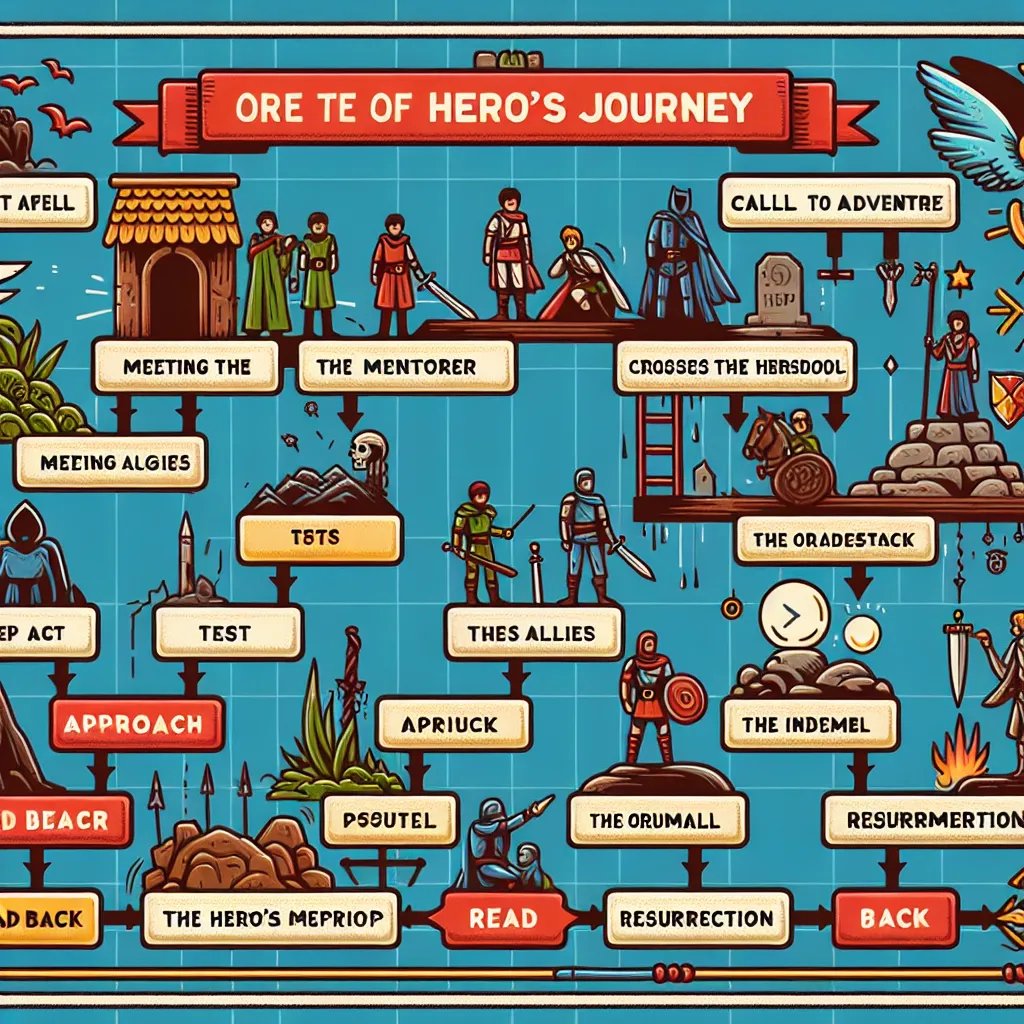 ### Station (B): Heroes Unveiled
### Station (C): Unraveling the Anglo-Saxon Legacy
### Station (D): Defending the Vulnerable: Heroes Among Us
### Station (B): Heroes Unveiled
### Station (C): Unraveling the Anglo-Saxon Legacy
### Station (D): Defending the Vulnerable: Heroes Among Us
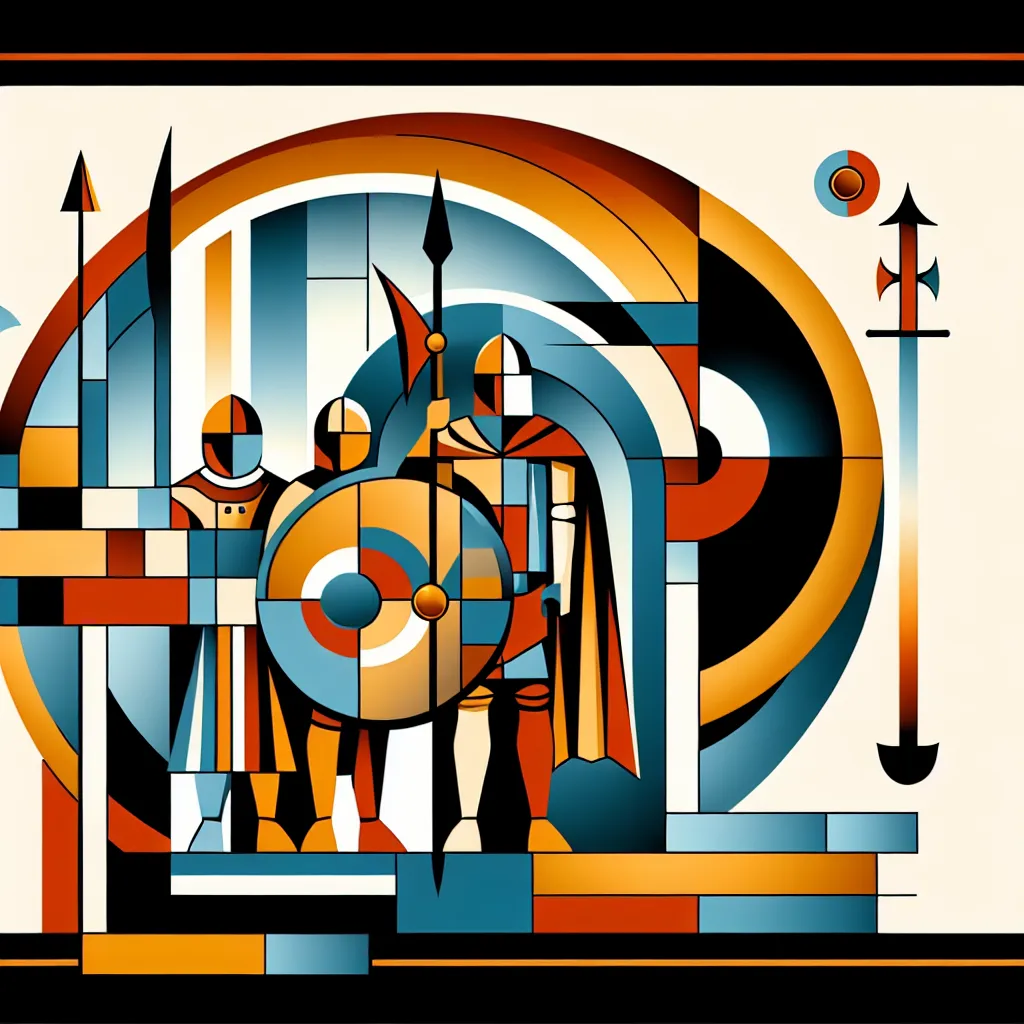 1. Exploring Hero Archetypes and Stages
2. The Hero's Journey: Archetypes and Stages
3. Harry Potter and the Hero's Journey
4. The Anglo-Saxons: Culture and Influence
5. The Mead Hall: Symbol of
1. Exploring Hero Archetypes and Stages
2. The Hero's Journey: Archetypes and Stages
3. Harry Potter and the Hero's Journey
4. The Anglo-Saxons: Culture and Influence
5. The Mead Hall: Symbol of
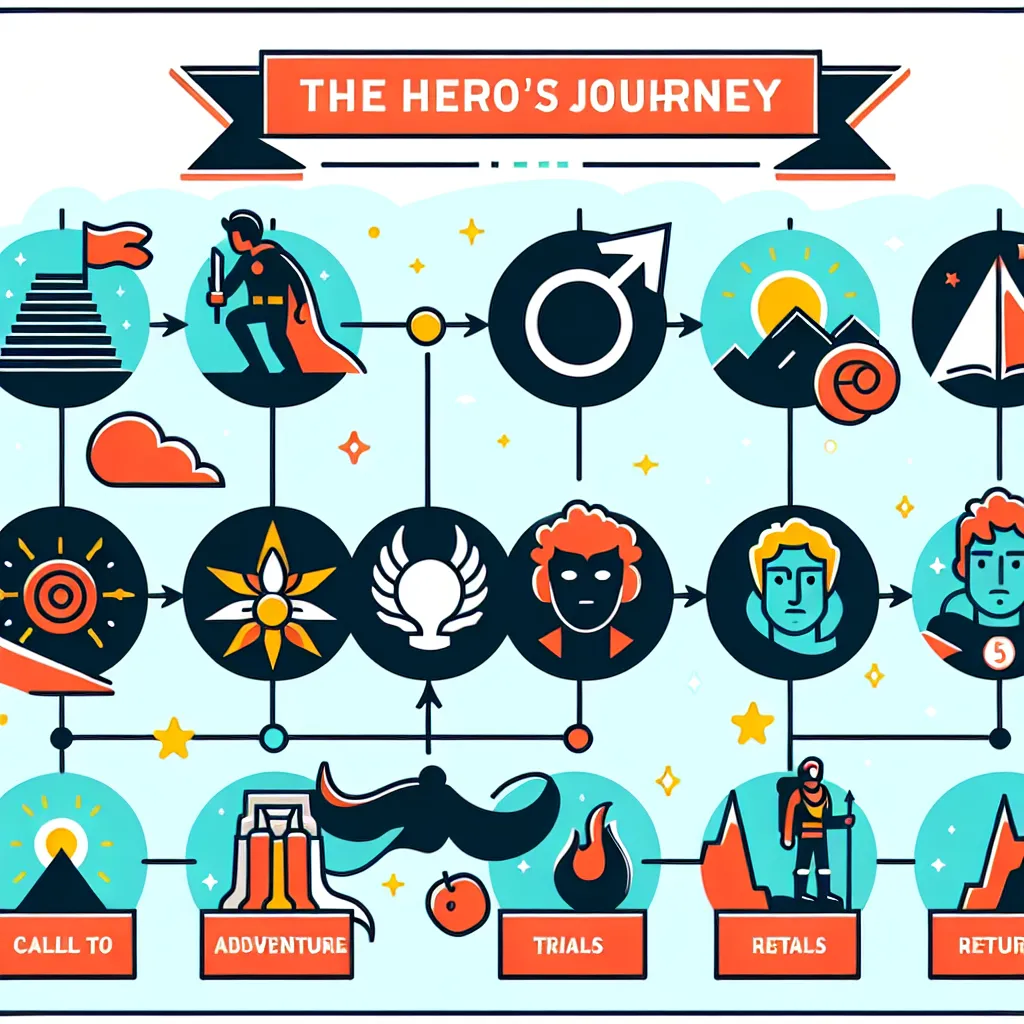 (B) Independent Station: The Hero’s Journey - "The Hero’s Quest: Traits and Stages"
(C) Historical Background Station: Anglo-Saxon - "Anglo-Saxons: Culture and Society"
(D) Connection Station:
(B) Independent Station: The Hero’s Journey - "The Hero’s Quest: Traits and Stages"
(C) Historical Background Station: Anglo-Saxon - "Anglo-Saxons: Culture and Society"
(D) Connection Station:
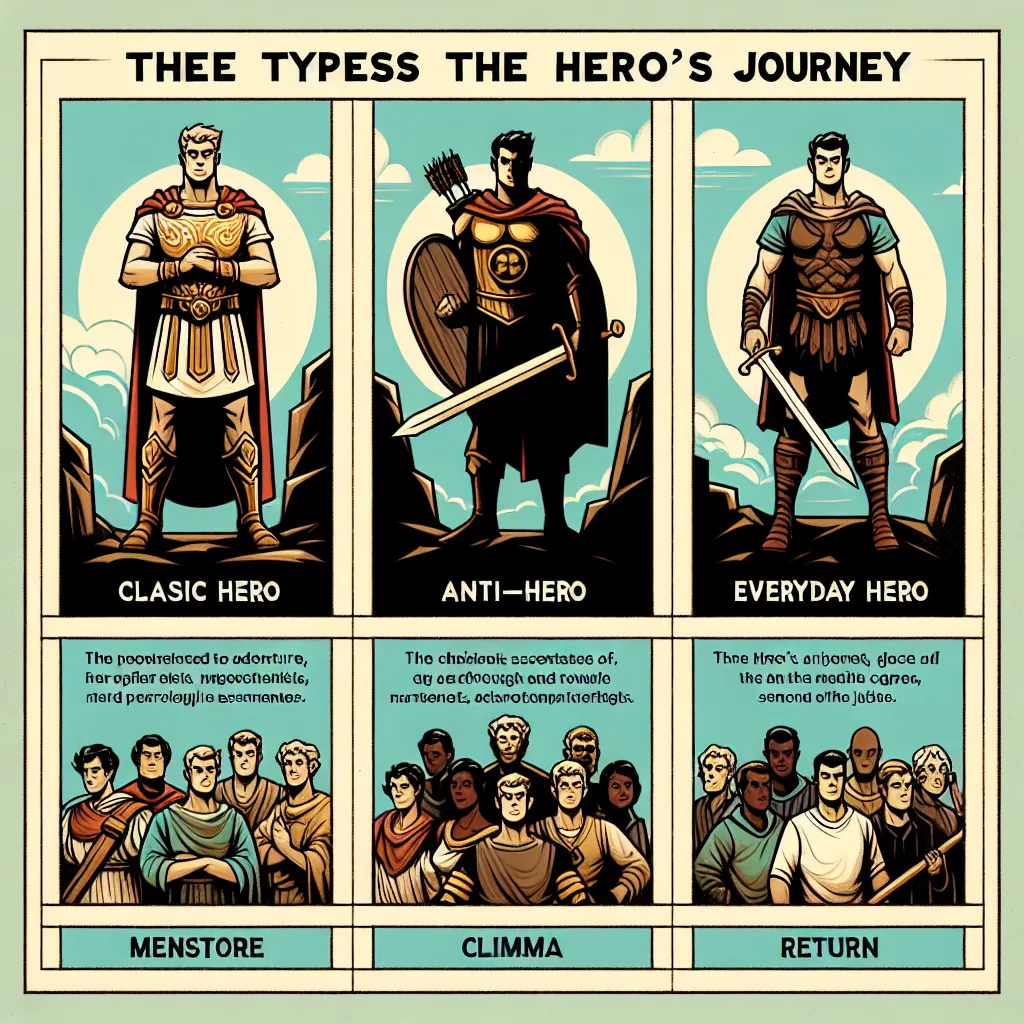 Title for (B): The Journey of Heroes
Title for (C): Uncovering Anglo-Saxon Heritage
Title for (D): Fictional and Real-Life Defenders
Title for (B): The Journey of Heroes
Title for (C): Uncovering Anglo-Saxon Heritage
Title for (D): Fictional and Real-Life Defenders
Question Tags
If you want your question answered by an AI, click here.
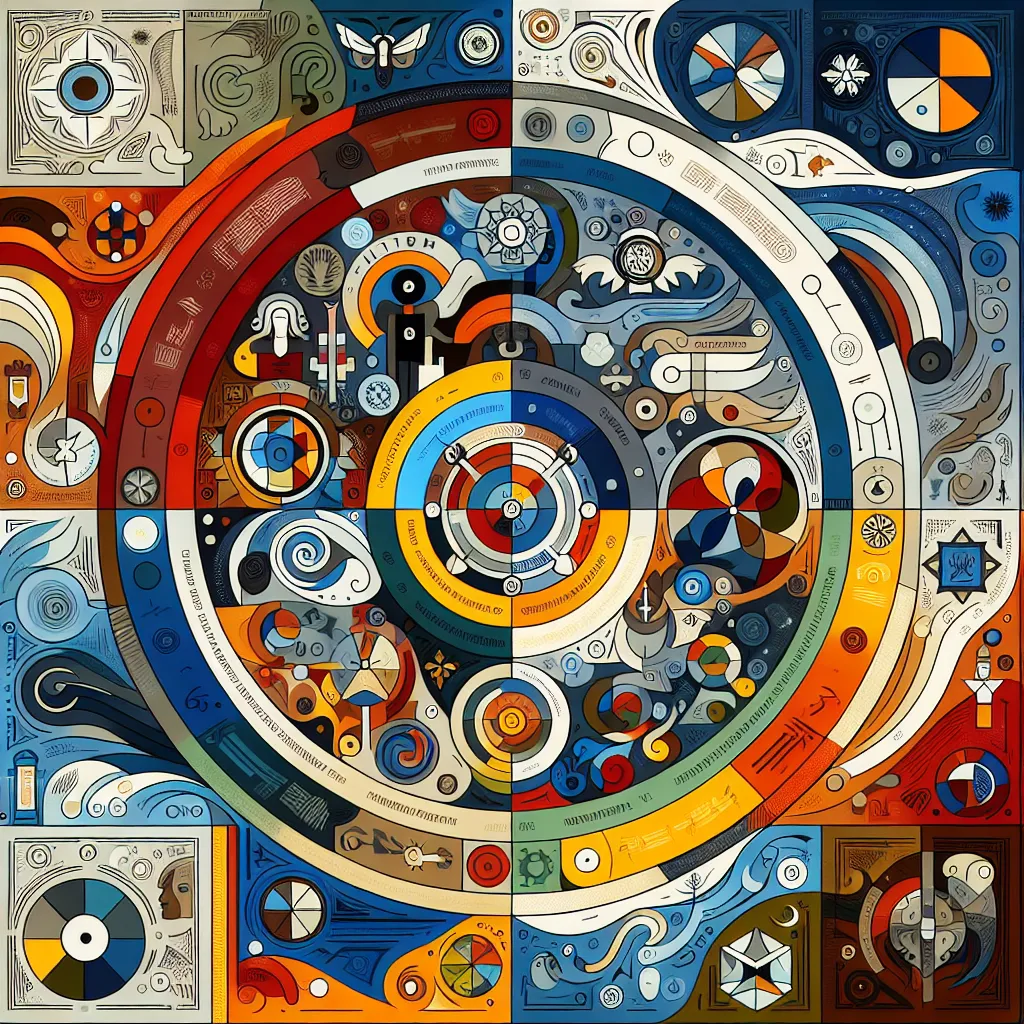
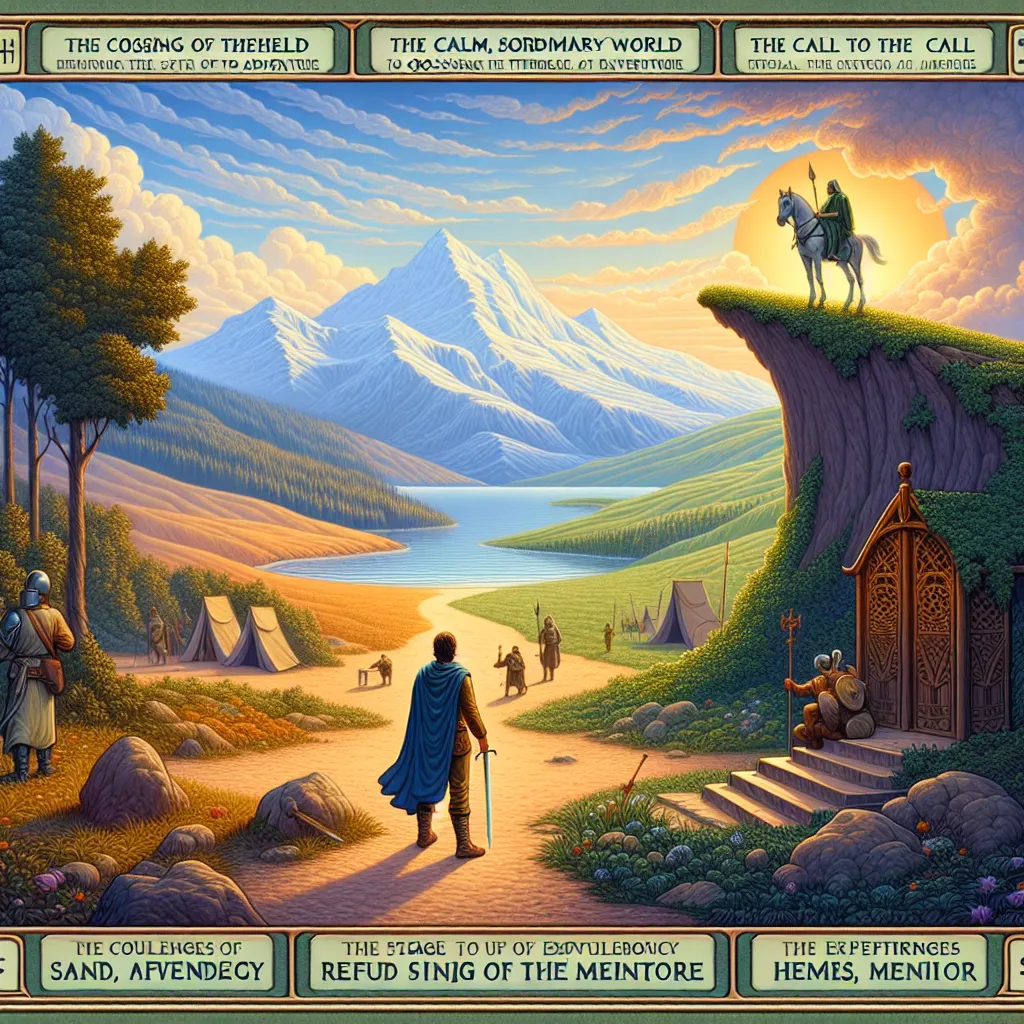
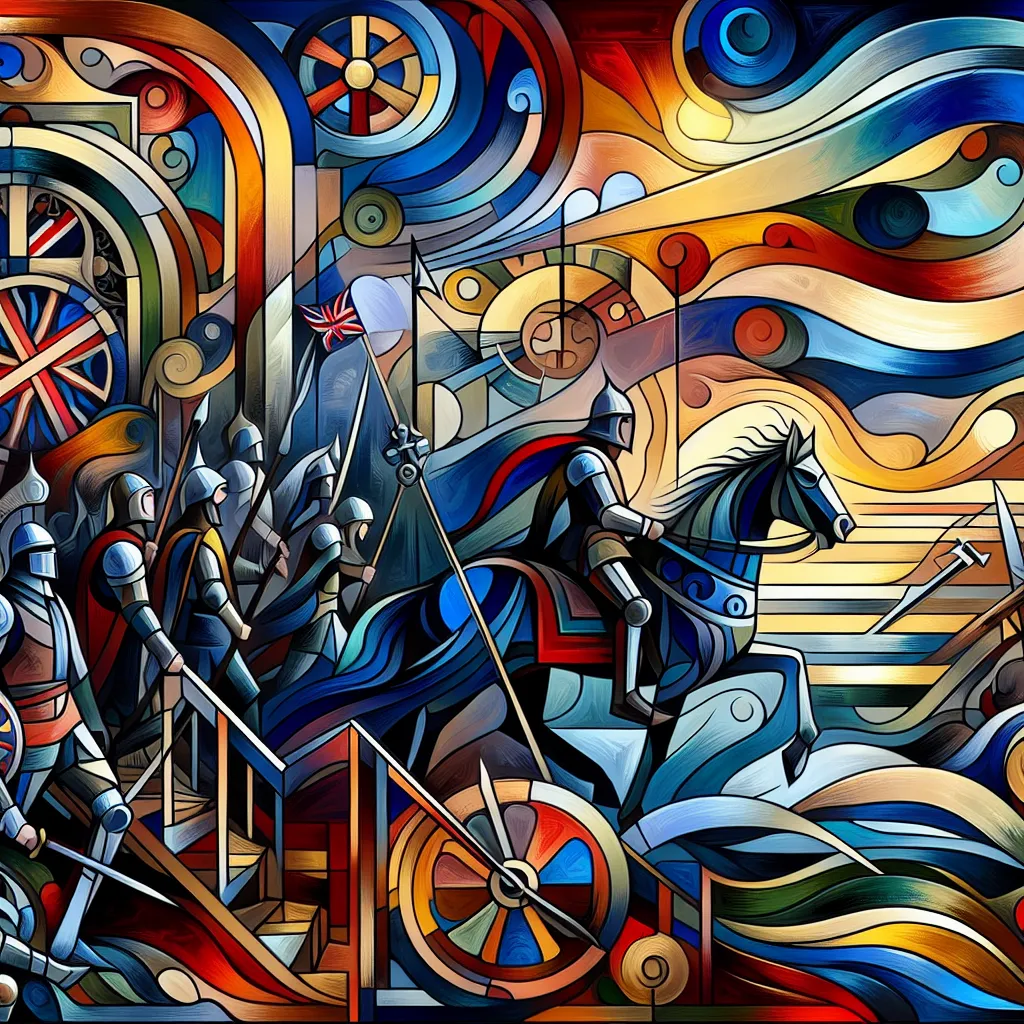
Post your own comment: